Vital signs are a set of important physiological measures that provide an indication of the body's functioning and overall health. These vital signs include body temperature, pulse rate, respiration rate, blood pressure, and oxygen saturation. Each of these vital signs is important in its own way and can give valuable information about a person's health. However, some vital signs are considered more important than others, and understanding the most important vital sign can help healthcare professionals make informed decisions about a patient's care.
The most important vital sign is often considered to be blood pressure. Blood pressure is a measure of the force of blood against the walls of the arteries as it is pumped around the body by the heart. High blood pressure, also known as hypertension, is a major risk factor for heart disease, stroke, and other serious health problems. On the other hand, low blood pressure, or hypotension, can also be dangerous, as it can cause dizziness, fainting, and other symptoms. Therefore, it is important to regularly check and monitor a person's blood pressure to ensure that it is within a normal range.
Another important vital sign is body temperature. Body temperature is a measure of the heat produced by the body and is an important indicator of a person's health. A high body temperature, or fever, can be a sign of infection or inflammation, while a low body temperature can indicate hypothermia or other problems. Measuring a person's body temperature can help healthcare professionals diagnose and treat various conditions.
Pulse rate is another vital sign that is important to monitor. The pulse rate is a measure of the number of times the heart beats per minute. A normal pulse rate can vary depending on a person's age, activity level, and other factors. However, an abnormal pulse rate can indicate a variety of health problems, such as heart disease, dehydration, or an overactive thyroid.
Respiration rate, or the rate at which a person breathes, is also an important vital sign. The respiration rate can provide information about a person's lung function and overall health. A rapid or shallow respiration rate can be a sign of respiratory distress or other problems.
Finally, oxygen saturation is a measure of the amount of oxygen in a person's blood. Oxygen is an essential nutrient that is necessary for the body's cells to function properly. A low oxygen saturation can indicate a variety of health problems, including lung disease and heart failure.
In conclusion, while all vital signs are important indicators of a person's health, blood pressure is generally considered the most important vital sign. It is important to regularly monitor and maintain normal blood pressure levels in order to prevent serious health problems. However, all vital signs should be regularly checked and monitored in order to ensure overall health and well-being.
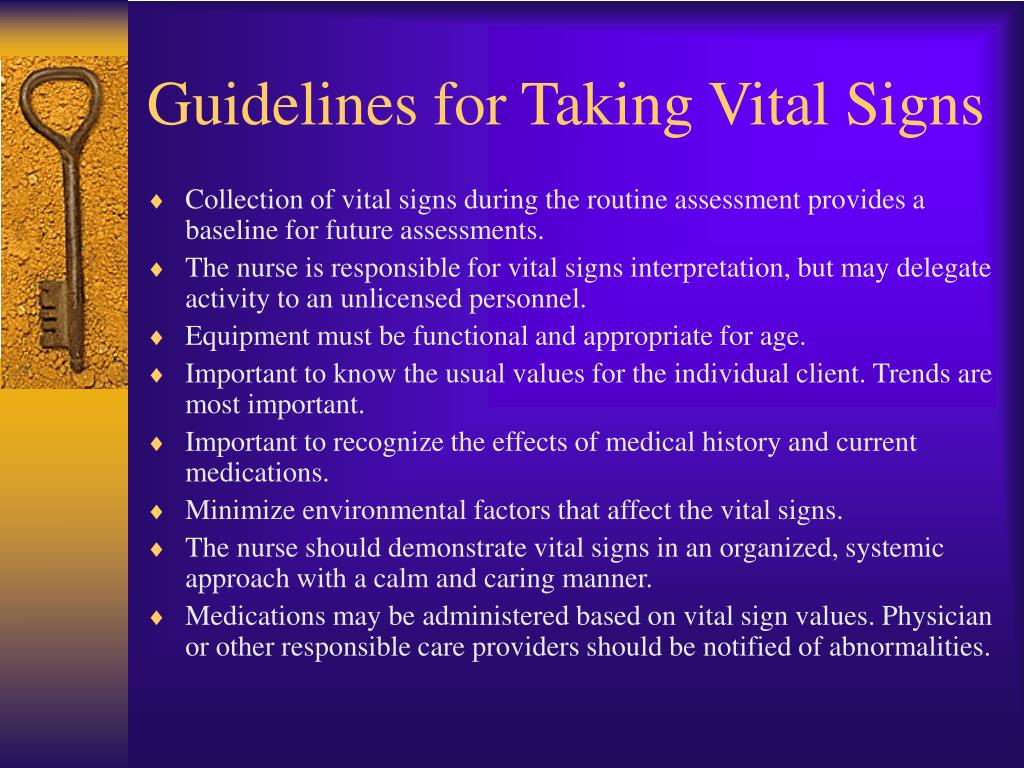
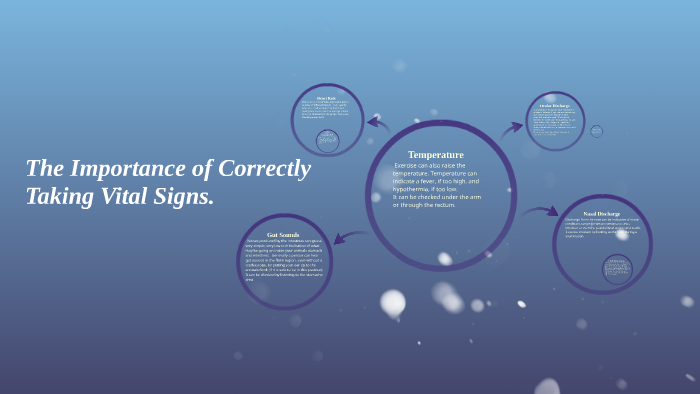
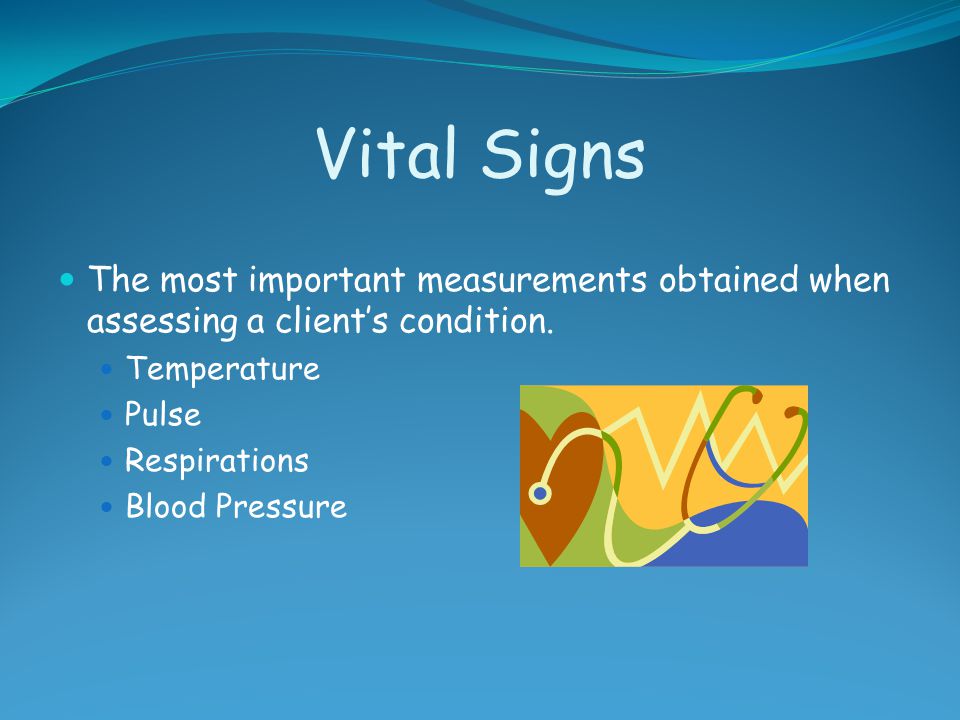

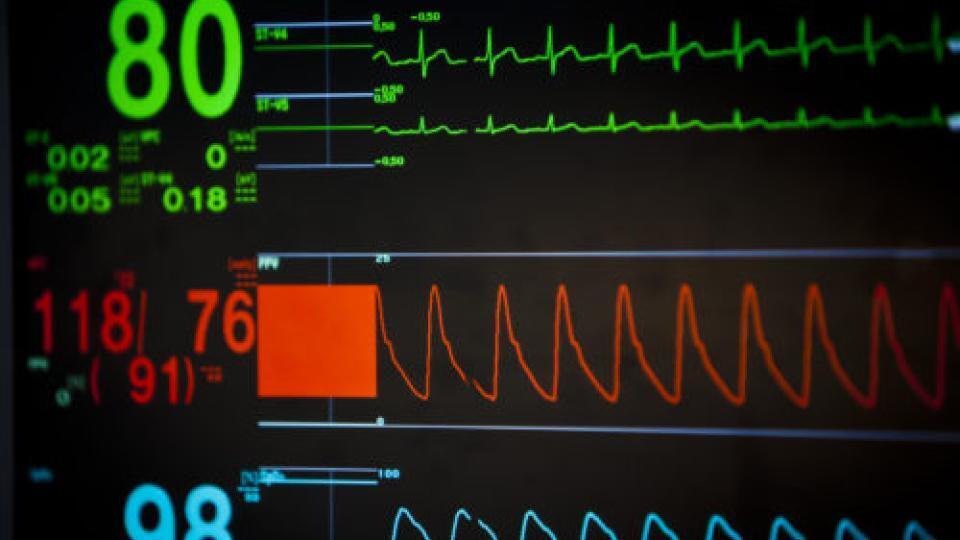
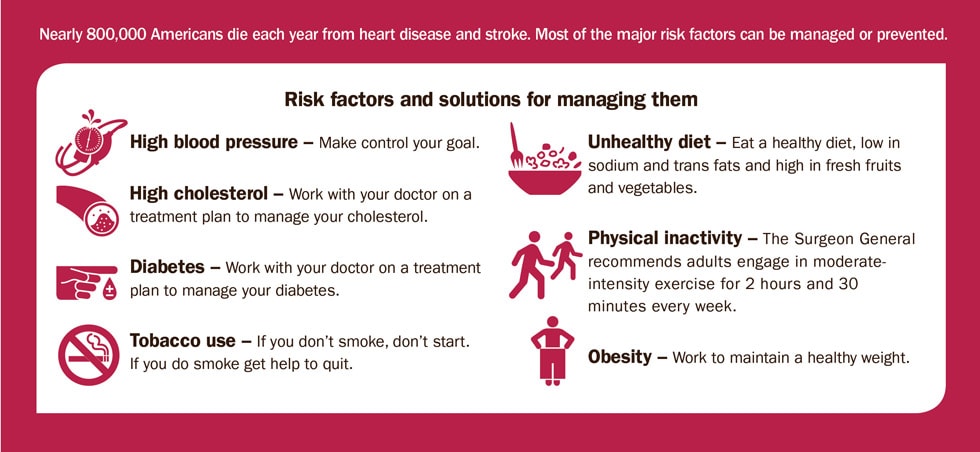
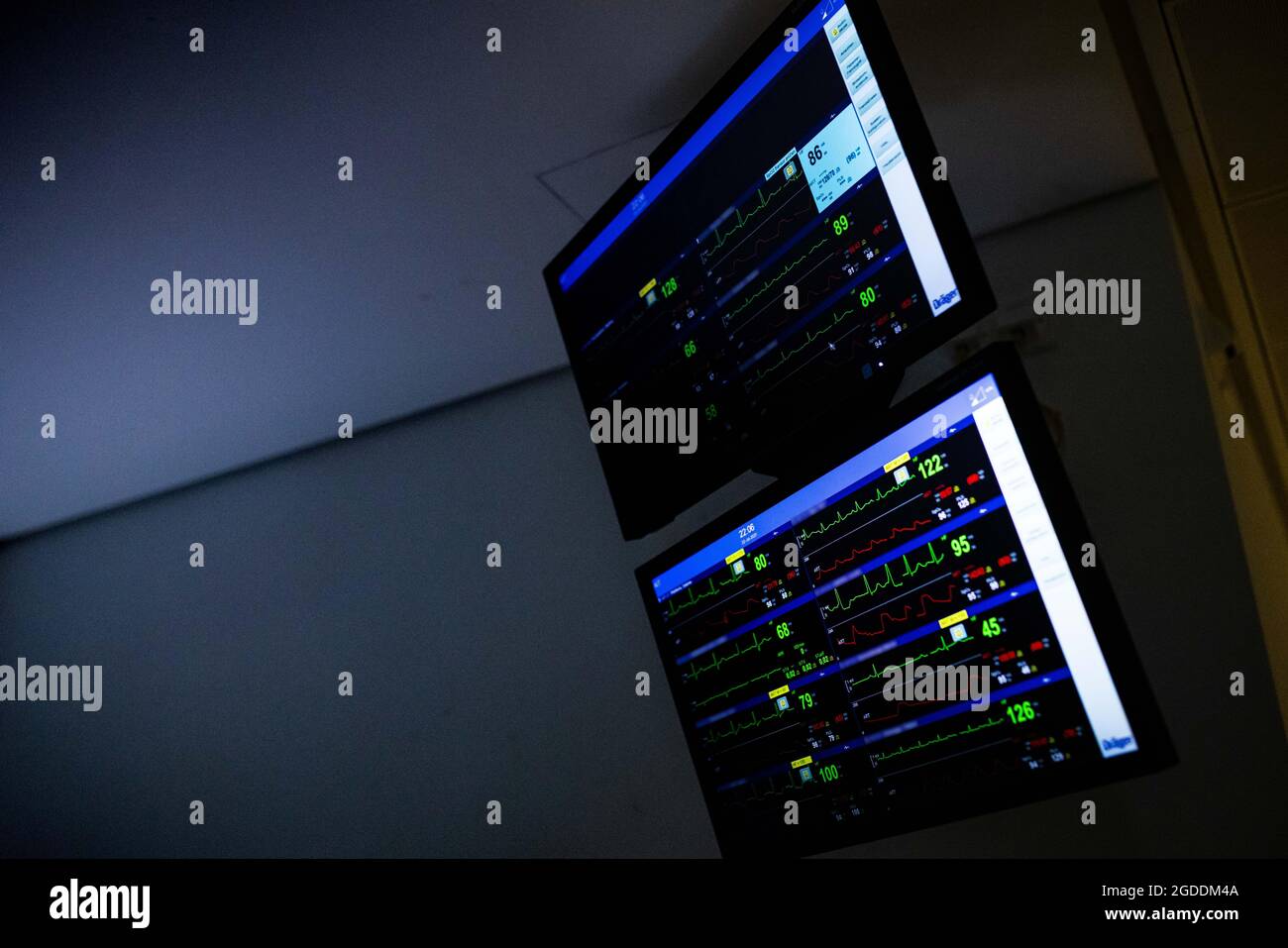
:max_bytes(150000):strip_icc()/looks-like-i-m-on-track-923681856-81873550b6eb49b19173cb2965972b74.jpg)